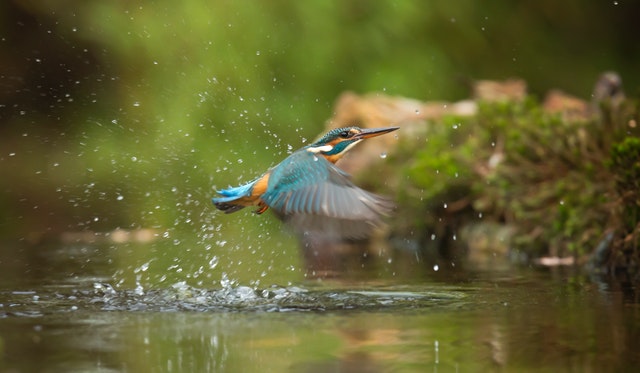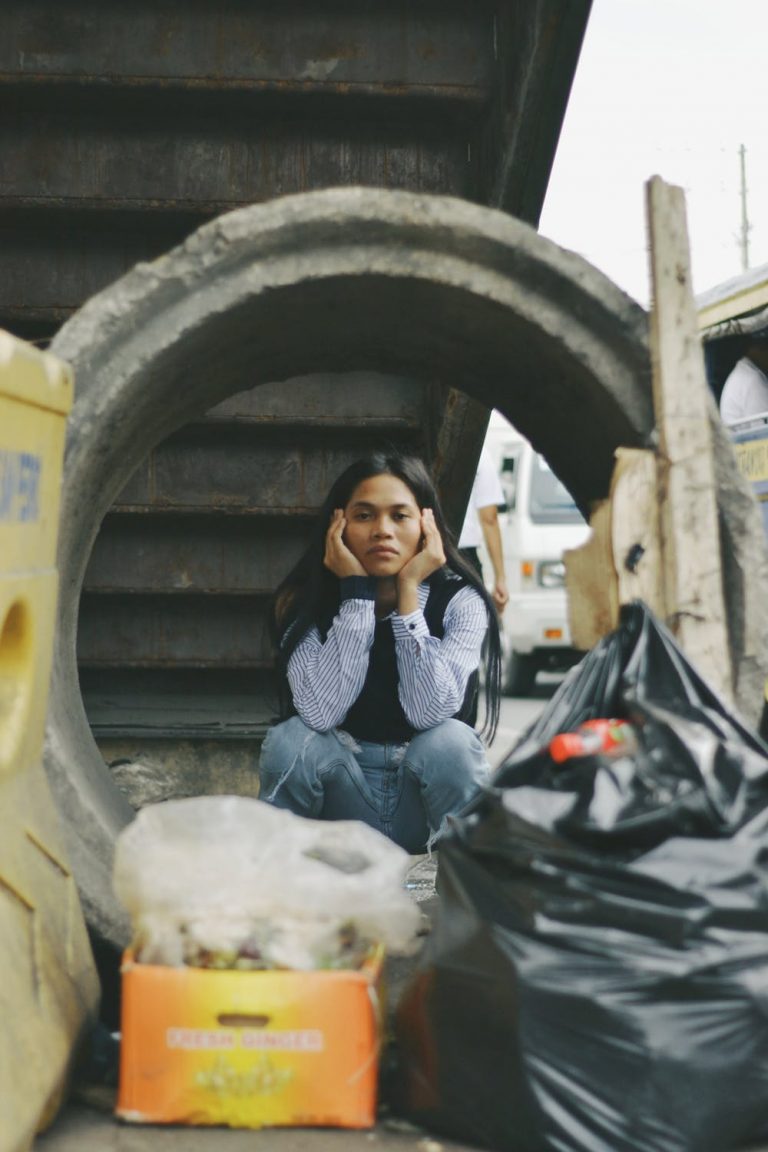If you think that there is nothing that you can do in order to help preserve the world’s beautiful wildlife, think again. You don’t have to be a hands-on conservationist to make a difference! Here is some great advice on everything that you, as an individual, can do to help.

Preserve natural habitats
Grasslands, rivers, and forests are all natural habitats for a wide variety of animals, including birds and insects. When these habitats are disturbed as a result of things like pollution or man-made developments, the creatures that live within them are threatened as well. You can help to reduce this problem by being a part of the solution and helping to preserve these valuable habitats in any way possible. Pick up litter, do your best to educate others regarding the importance of keeping habitats as they are, and report any issues that you notice to the relevant authorities.
Offer water
During the months of the year when temperatures are extreme, animals of all sorts will often struggle to find a consistent source of water. This is because many natural sources are dried up during the summer and frozen during the winter. You can lend a hand by simply filling a birdbath or a barrel with fresh water and placing it in a safe spot where the thirsty animals can drink in peace without fear of being targeted by predators.
Switch to eco-friendly products
The chemicals and additives in your personal care and cleaning products are contributing to the hardships that the world’s wildlife is currently faced with. You can make an immediate and substantial difference by switching to eco-friendly products. Not only are these products a lifeline for our animals, but they are better for your own health too.
Take part in conservation and awareness activities
Perhaps there is a conservation-oriented organization in your area at which you can volunteer on a regular basis, such as Gulf Breeze Zoo? Recent conservation efforts at the zoo have led to some fresh animal faces. Earlier this year, CEO Eric Mogensen welcomed a family of six orangutans to the zoo.
“This is an incredible homecoming for us, as two of the orangutans were here 10 years ago,” said Eric Mogensen. “Sara gave birth to her daughter, Indah, at Gulf Breeze Zoo in 2005 before they were relocated to LEO. In Connecticut they were grouped with other orangutans and did well. With a change of plans at LEO we were able to procure this larger, well-acclimated group of orangutans for the zoo. The group we have here now consists of 4 breeding age females, one breeding male and a young 3-year-old male still with his mother.”
There are also many online groups that you can join, as well as endless opportunities to donate to causes you are passionate about.
Hang some bird feeders
Birds may find it difficult to locate food during the barren winter months, which is why they will all flock to your bird feeder. Just be sure to feed the birds the right way, ensuring that the food is not accessible to other animals like raccoons or deer. In many instances, this can make the mammals reliant on humans for food and unable to source their own in the wild.
Welcome wildlife into your garden
It is extremely easy to make your yard or garden wildlife-friendly. For example, you can plant various flowers and shrubs to attract fluttering butterflies and busy bees. You should also avoid trimming your trees, hedges, shrubs throughout spring and summer time as this is when birds will begin to nest and have their babies. Of course, also be sure to do your best to plant and nurture as many trees as you possibly can within the outdoor space available to you.
Spread the word
It is important that everybody makes nature and wildlife conservation a priority in their lives, no matter how small or large. Unfortunately, some people are just unaware of how their actions are having a negative impact on the environment and the animals. It is up to you to educate and guide anyone who will listen. The right assistance can help to create new allies for the world of conservation, after all.
Recycle
A lack of recycling and reusing is having a detrimental effect on many natural habitats and, as a result, on all wildlife. When it comes to living a more eco-friendly lifestyle, recycling should be at the top of your list. Along with recycling, you should strive to reduce the amount of waste that you create in general.
One great way to do this is to consume fewer processed foods which are usually sold in packaging that is often impossible to reuse or recycle. You will make a difference to the environment and to your own health!
Furthermore, avoid shopping for new clothes at retail stores and head to a second-hand store or a charity shop instead. Always think twice before throwing any of your existing clothes away too. Is the item still in a decent enough state to donate? Or can you reuse it somehow? For example, a tattered old pair of jeans can be replenished into a fashionable new pair of shorts.
A big difference can only be made through small, consistent changes. Make the decision to be more ecologically aware today!



